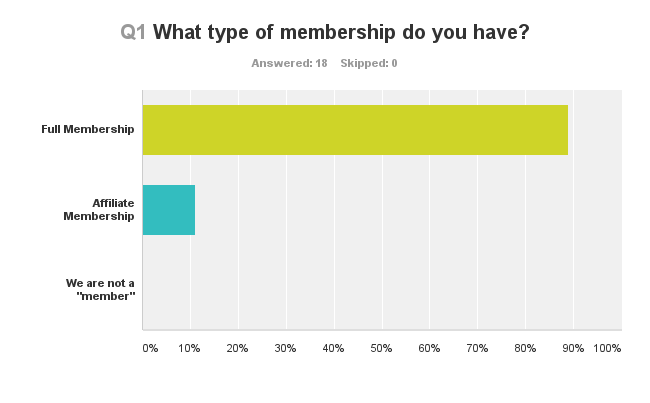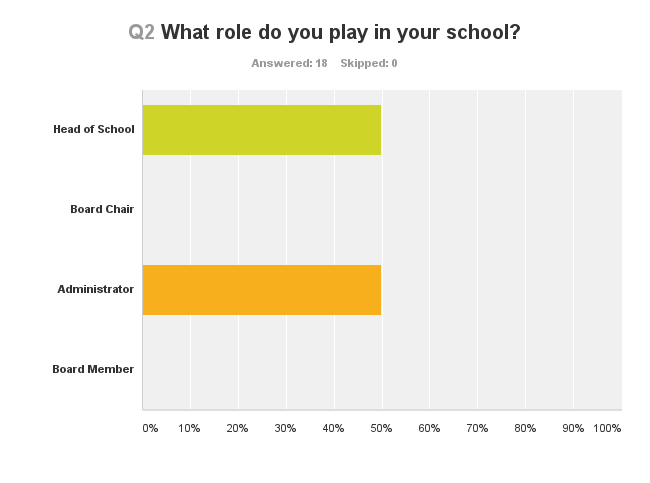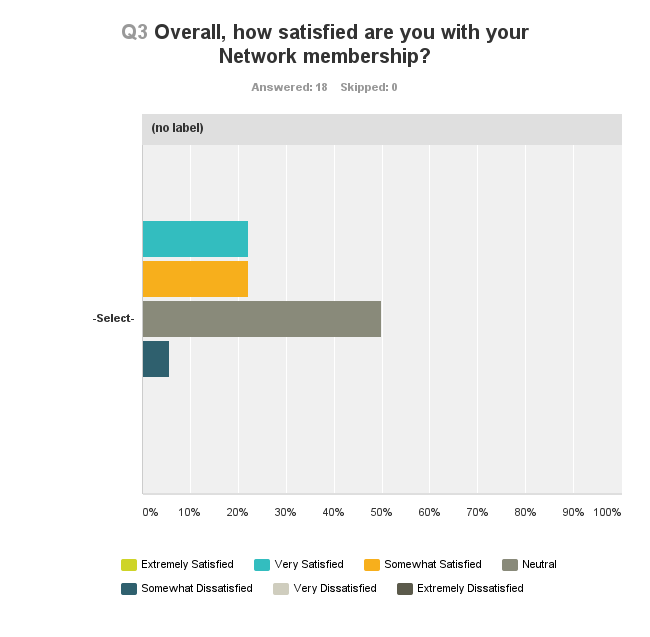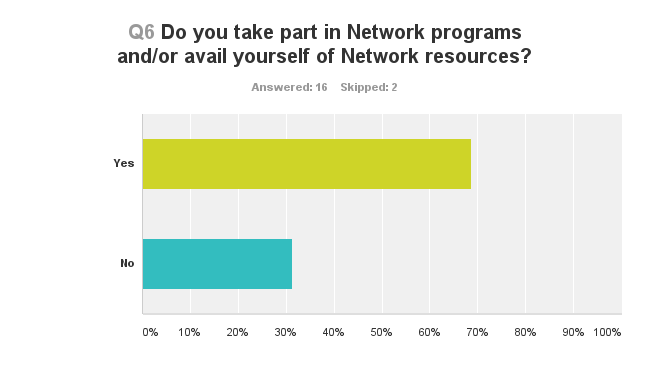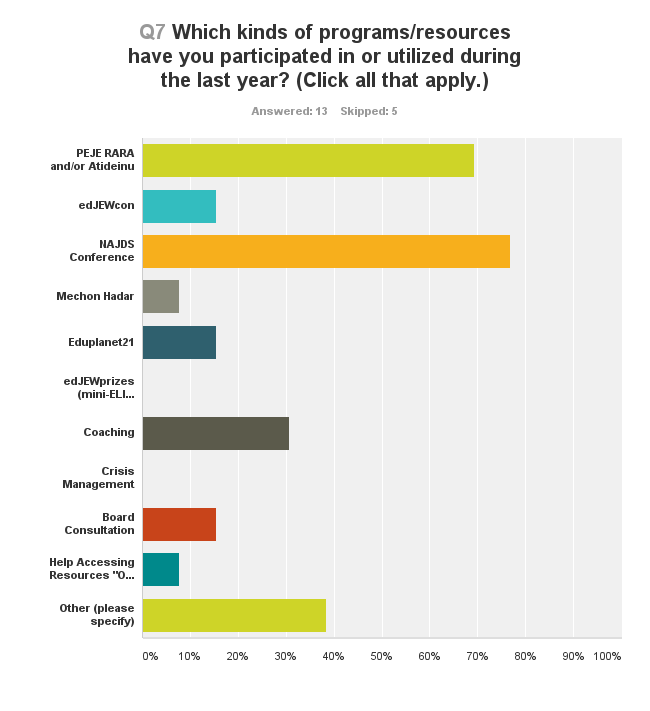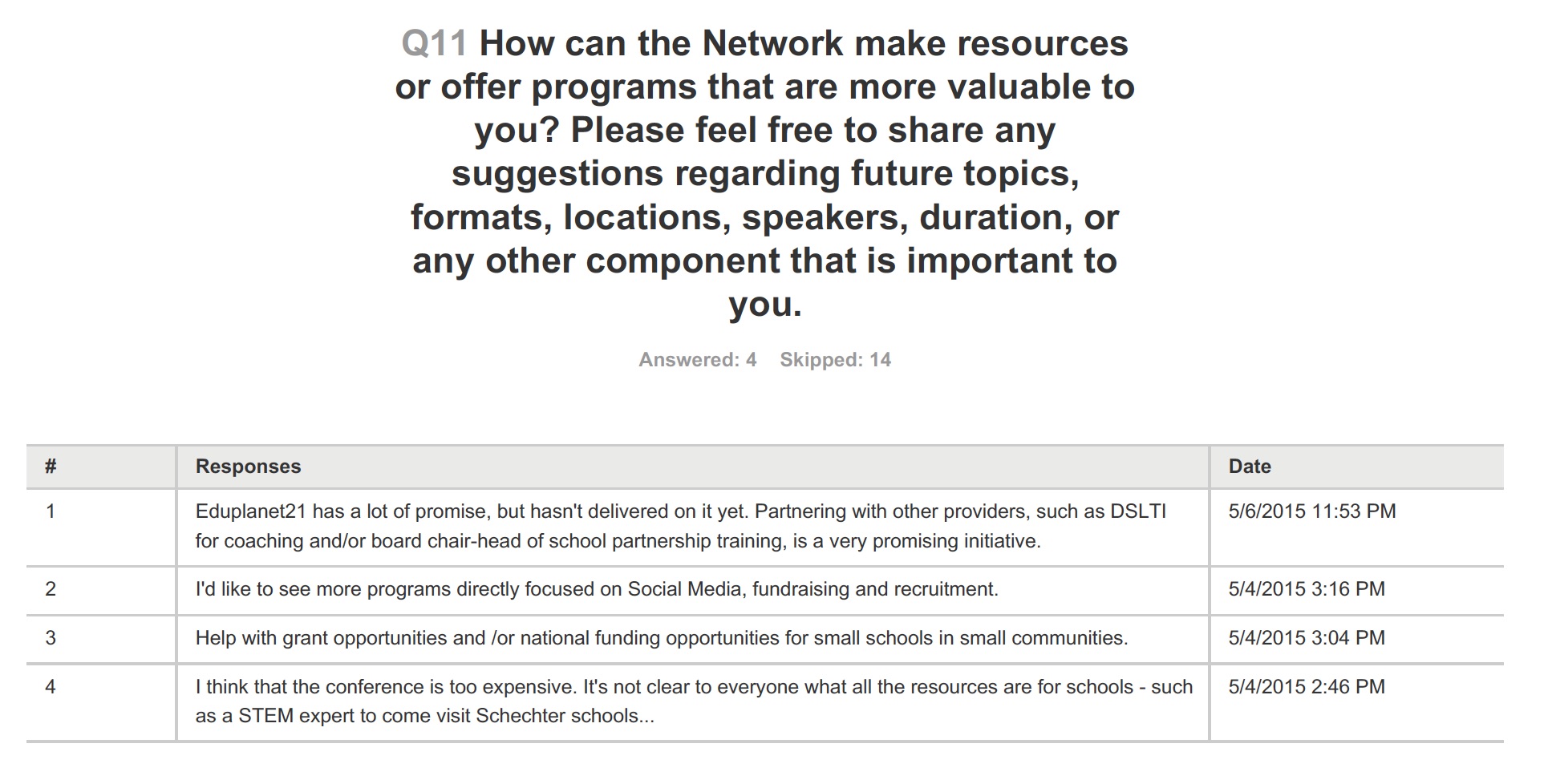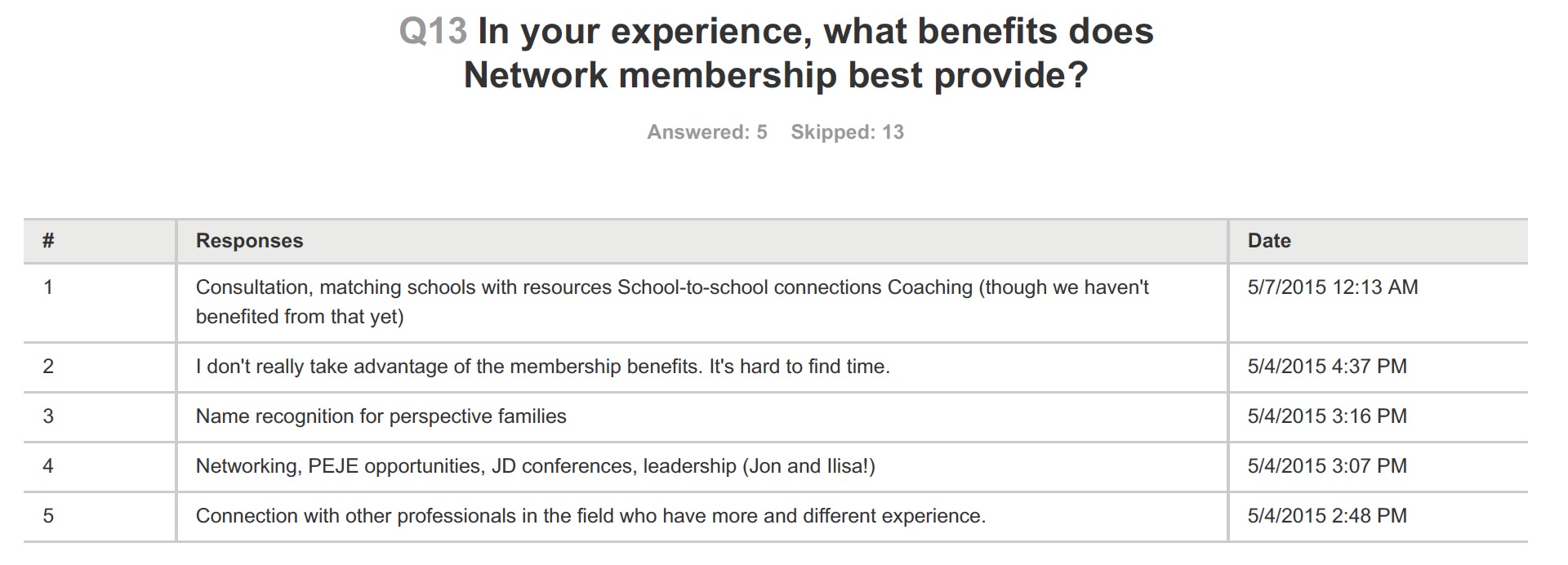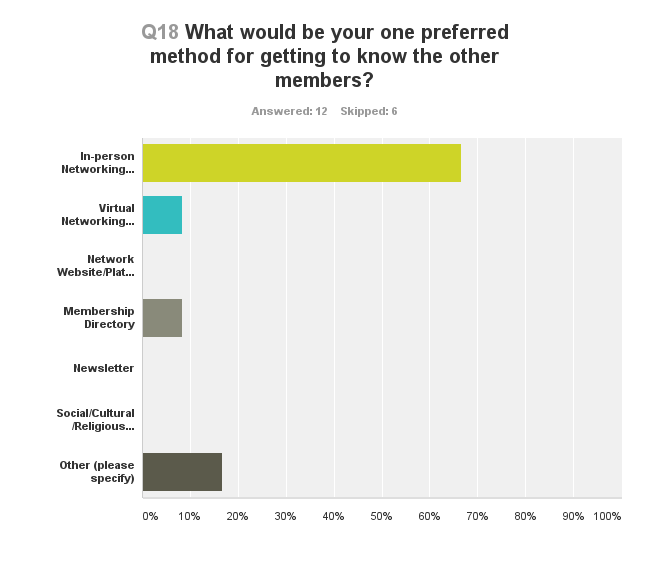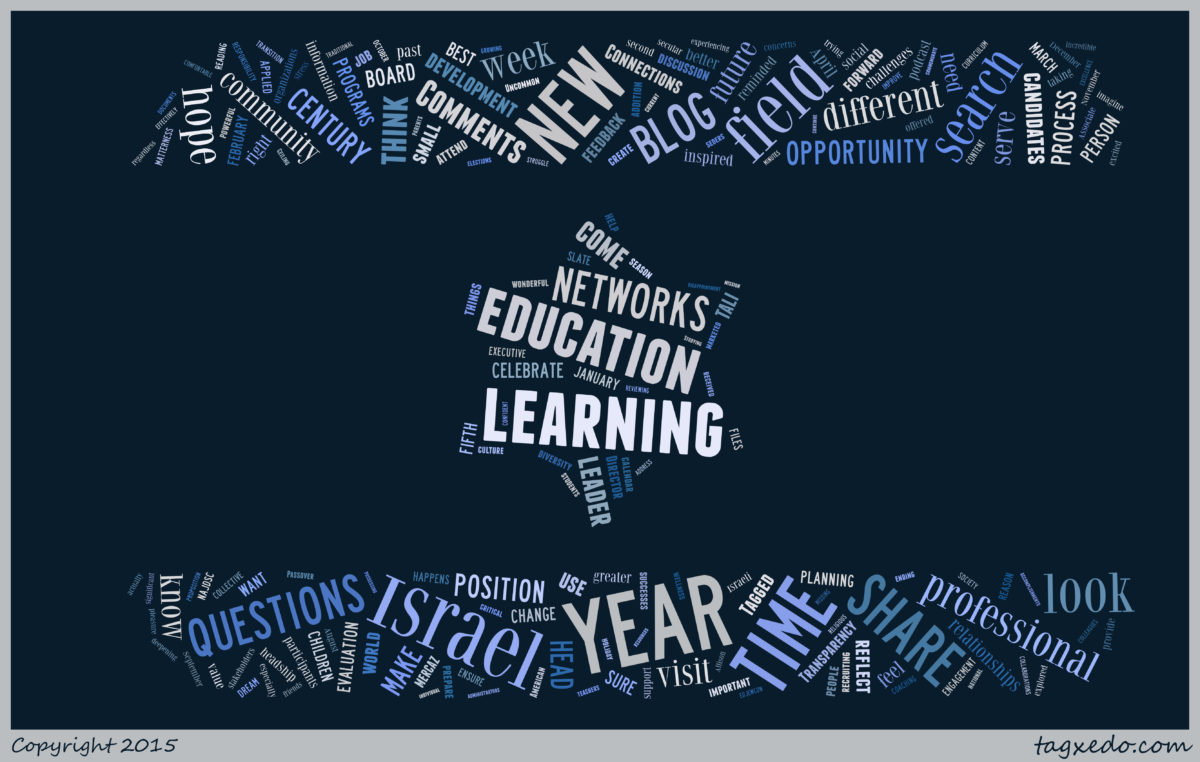As promised, we held a “town hall” on Thursday, February 8th to share back the results of our investigations, thus far; to discuss what we currently believe to be true; and to sketch out next steps. We were pleased by the turnout and with the candor and seriousness of the conversation (see more below). We would be happy share out the entire slide deck from the “town hall” so that folks who were unable to attend can be in the know. Please feel free to email me ([email protected]) with your request. What I would like to do here is walk you through the highlights and offer you the chance to add your voice to the conversation by commenting below.
A few caveats as prologue…
The spirit of this conversation is one of “transparency” – a value we have discussed in depth in prior posts.
You can read an earlier post for a more in-depth history of French education in Ottawa and at the OJCS.
Let’s restate the fundamental issue…
Unlike our Hebrew and Judaic standards, which are entirely our own to determine and whose outcomes are entirely ours to assess, our French standards come from the Ontario Ministry of Education and the schools our graduates attend perform assessments. So why is this so confusing and chronically debated?
What does French currently look at OJCS?
K: 10/40 Periods in French
1-3: 6/40 Periods in French
4-5: 6/40 Periods in Core French & 8/40 Periods in Extended French
6-8: 6/45 Periods in Core French & 9/45 Periods in Extended French
What kinds of data collection are we doing to better understand the issue?
- Grade 9 Alumni Surveys
- Grade 12 Alumni Surveys
- Conversation with SRB & Ashbury
- Conversation with Knoxdale
- Anecdotal Testimonials
- Exit Interviews (pending)
What did we learn from the Grade 9 Alumni Survey?
74% of Grade 9 students were enrolled in Core French with an additional five students in Immersion and one in Extended French. Of the children enrolled in Extended or Immersion French, no parent reported they needed an extra tutor or extra assistance.
At this point in time, we can see of the six students taking more advanced French, there is no issue with them keeping up.
What did we learn from the Grade 12 Alumni Survey?
Fourteen respondents are attending a public high school in Ottawa, with the vast majority at SRB. One student is attending Ottawa Torah Institute.
Four students indicated they were in Extended French and another two in French Immersion. (This was before SRB dropped “Extended”. Those four “Extended” students are now either in “Core” or “Immersion”.) There was one respondent who did indicate they hired a French tutor to help with Extended French.
The rest of the students (44%) were in Core French.
What did we learn from our conversations with Sir Robert Borden High School?
- Students are placed in Grade 9 as recommended by OJCS.
- Some students experience a temporary culture shock transitioning from “Extended” to “Immersion”.
- Some students see a temporary dip in their grades in Grade 9, but typically recover by Grade 10.
- Many students come in “super strong”.
What did we learn from our conversations with Ashbury College?
- “Marks in French are strong.”
- 1/3 of OJCS students who go to Ashbury graduate with one of their two bilingual diplomas. (Anecdotally, we believe the other 2/3 self-select out, but more data collection will be needed.)
What did we learn from our conversations with Knoxdale Public School?
- OJCS students who transition into Grade 4 for “middle immersion entry point” are well-prepared for success.
- Grade 4 is an arbitrary entry point, susceptible to changing public school norms.
- Students can be accepted into Knoxdale at any point and placed into immersion upon parental request.
What additional/ongoing data collection will be necessary to better refine our understanding of true French outcomes?
It will take additional years of data collection before our sample sizes will allow for more definitive conclusions. Additional data points that we will collect include exit interviews (families who transition out prior to graduation), testimonials from alumni and alumni parents (we have plenty of positive, anecdotal evidence, but we need a uniform protocol for collection), and adjusting our parent survey data to better determine how many families these issues impact. We also need to do a deeper dive into the details. For example, not only how many students earn a bilingual certificate, but do they score well enough to succeed at the next level?
What do we presently believe to be true about French at OJCS?
- We believe there is a path from here (OJCS Extended French) to there (Grade 9 French Immersion). We believe we need to better illuminate that path, as well as being open to creating additional paths.
- We believe that we have passionate, talented, capable, and responsive French teachers who are part of the solution.
- We believe we need to be more transparent about what needs to be true during the year of transition to set (more) students up to be successful.
- We believe we will need to collect more data over more years to better answer questions and address concerns.
- We believe that for some families nothing short of full immersion will be satisfactory and we will have to meaningfully address what that means – for those families and for OJCS.
We believe we can make significant improvements to our current program, and plan to, beginning as soon as next year.
What can we do next year?
- Conversations with parents about their hopes and expectations for maximal French contact time need to begin during the admissions process. Students who may require additional support to place into “Extended” need to be identified early.
- The selection process in Grade 3 will be more rigorous, begin earlier, come with more parental engagement, etc., so that students who do continue into “Extended” for Grades 4 and higher are even better prepared for Grade 9.
- We will increase the rigor and immersive experience of what contact time we presently make available. We need to squeeze every moment of immersive French possible.
- We will provide additional extracurricular contact time with French through clubs, lunch, etc.
- We believe we will be able to adjust our schedule to increase contact time with French. Stay tuned.

We had in attendance that night our full administration, our French department and a good mix of parents who represented different age groups, different views on the ultimate value of French education, but who demonstrated a shared sense of the issue’s importance, provided meaningfully constructive feedback and exhibited a genuine desire to partner with the school to get it right.
We took good notes from the serious conversation that followed the presentation and I have opened a GoogleDoc to track the feedback and recommendations that we hope continue to come in (see below). Here are some highlights from that night’s conversation:
- There was a strong feeling that using Grade 4 as our arbitrary split into “Core” and “Extended” is unnecessary and that we are missing an opportunity to increase the immersive exposure in Grades K-3 when it could potentially have even more value.
- There was a very positive response to the idea of OJCS offering French enrichment as part of an after school program and/or as part of a summer day camp experience. This seems like a no-brainer for us to jump on right away.
- We have energized parents who bring a research background to the conversation and who are willing to help us craft better survey instruments and conduct more thorough analyses to address the issues raised above by way of data collection.
- A Grade 4 OJCS “middle immersion entry point” may not be a crazy idea.

So.
This is where you come in. We desperately want to know what you think…
…what questions did this answer for you?
…what questions did this raise for you?
…what do you want to more about?
…what else do you want us to know?
We cannot encourage you more to email, comment or come in for a conversation. We need all voices heard as we work towards clarifying and enhancing our French mission and vision – next year and the years ahead.

By the way…if you like town halls (and you know you do!)…
Stay tuned for a Town Hall after Passover where will share back the results and the plans we’ve been working on to clarify and enhance the “J” in OJCS!



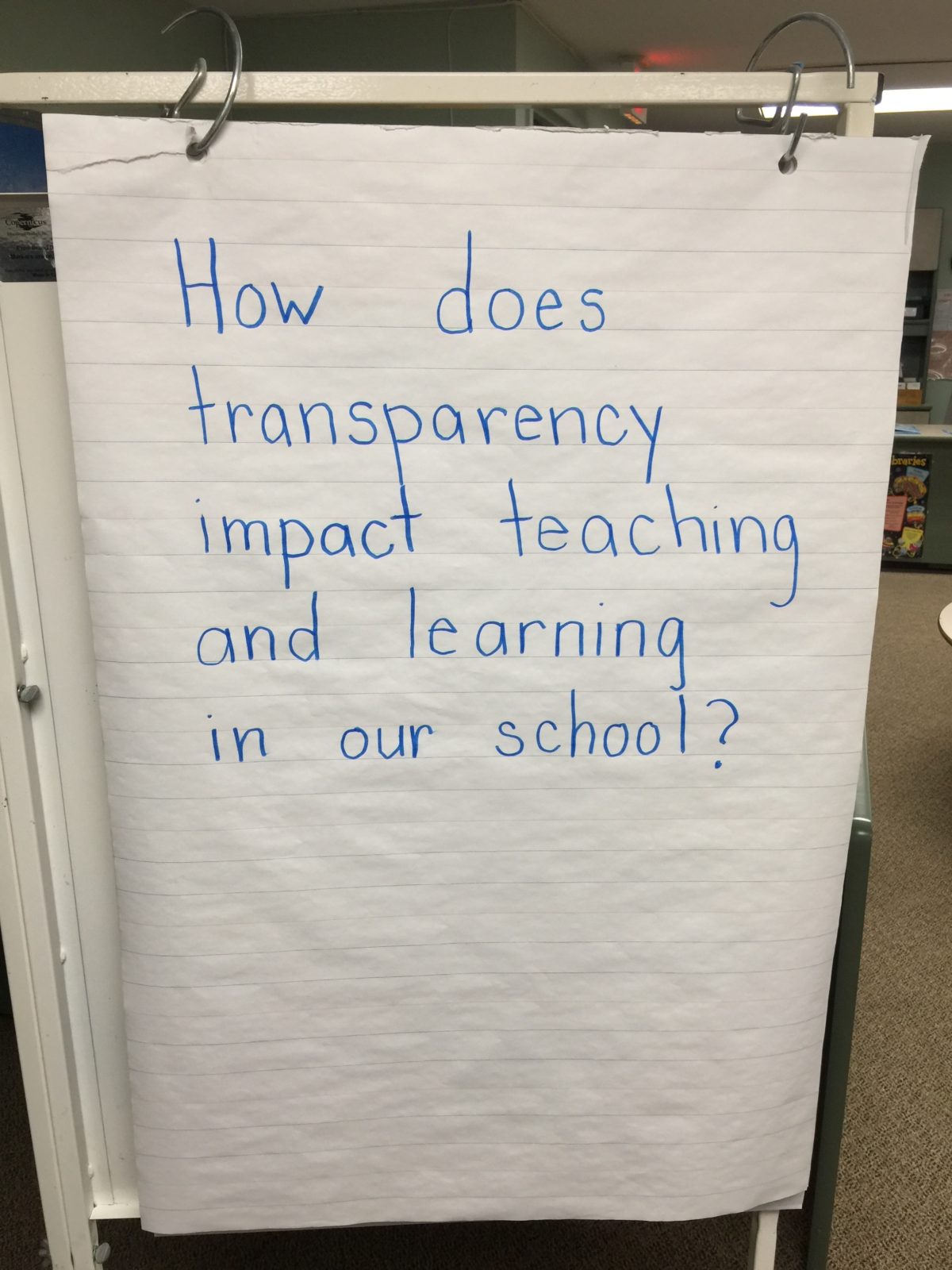
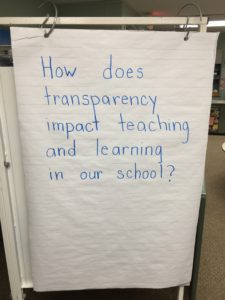
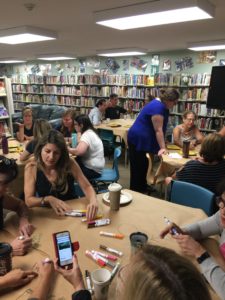
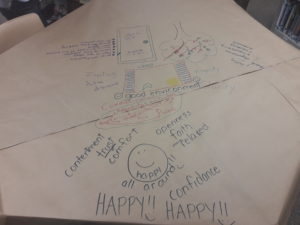

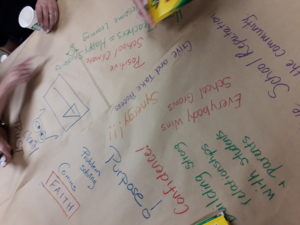
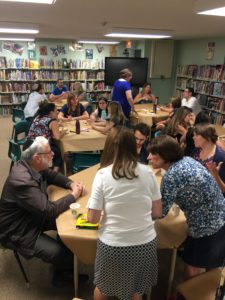
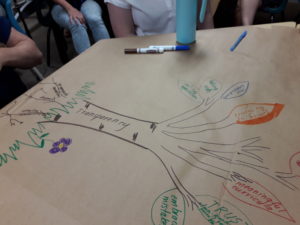
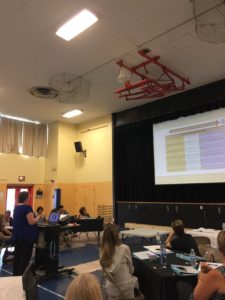
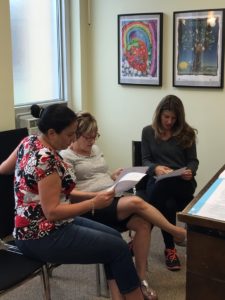
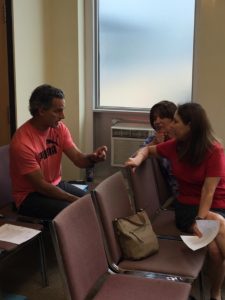
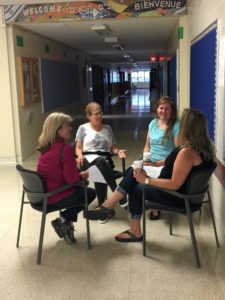

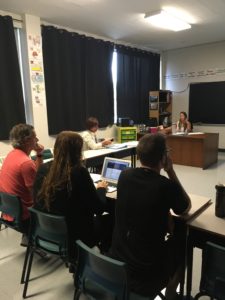
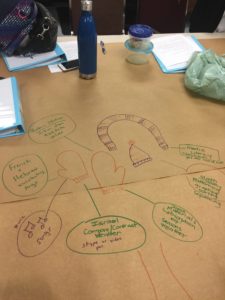
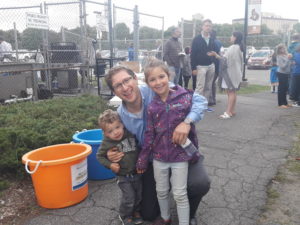
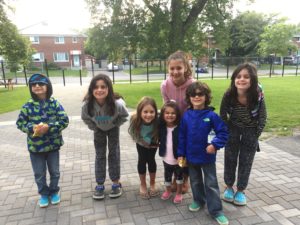
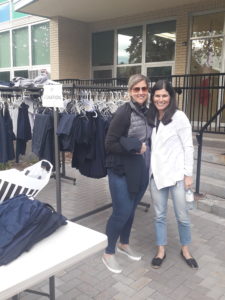
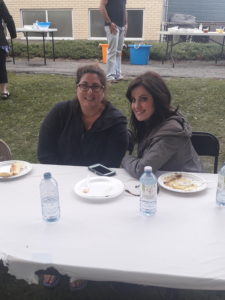

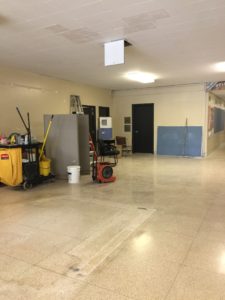

 I’ll have much more to say in the weeks and months ahead about the work, the school, and the move. We are neck-deep in emigration law and relocation logistics. I appreciate all the unintentional political jokes moving to Canada provides at this unique moment in time. I know it will be cold.
I’ll have much more to say in the weeks and months ahead about the work, the school, and the move. We are neck-deep in emigration law and relocation logistics. I appreciate all the unintentional political jokes moving to Canada provides at this unique moment in time. I know it will be cold.